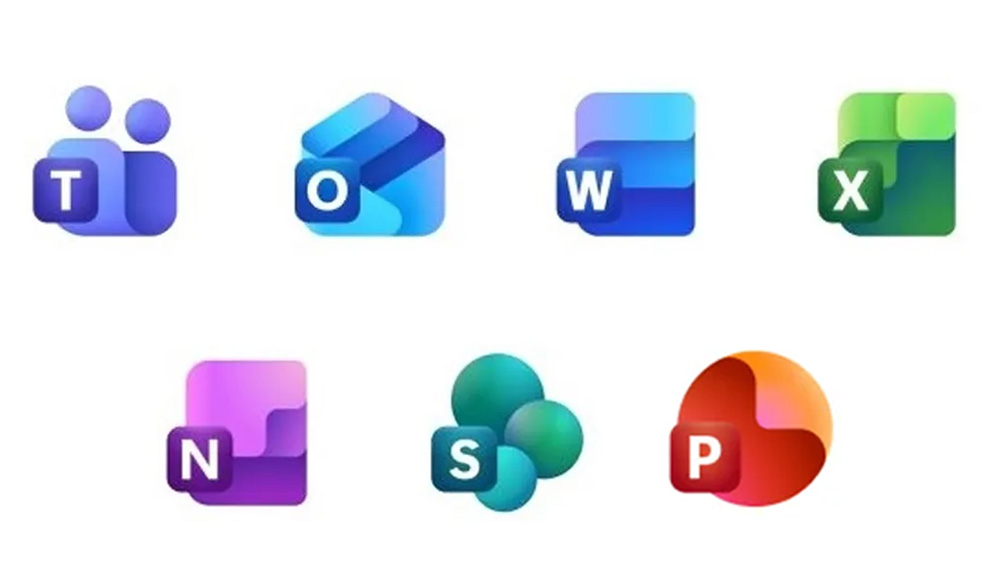OpenAI Countersues Elon Musk Amid Ongoing Legal Feud Over AI's Future

In a notable twist in the ongoing legal battle between OpenAI and tech billionaire Elon Musk, the artificial intelligence company has officially countersued Musk, alleging a systemic pattern of harassment against them. This countersuit comes against the backdrop of an intense court battle concerning OpenAI's strategic transition from a nonprofit organization to a for-profit entity, a move that has major implications for the future of artificial intelligence development and regulation.
OpenAI, which is renowned for creating the popular AI chatbot ChatGPT, has accused Musk of engaging in nonstop efforts aimed at stifling its progress for his personal gain. In a comprehensive legal filing, the company claims that Musk has utilized bad-faith tactics to impede their operations, with the overarching goal of exerting control over AI technology. This accusation is particularly significant given Musks influential position in the tech world, which enables him to leverage his vast audienceover 200 million followers on social mediato spread narratives that could potentially damage OpenAI's reputation.
The heart of the dispute revolves around Musk's strong objections to OpenAI's shift to a for-profit model. He argues that such a transition prioritizes commercial interests over the original mission of the organization, which is to ensure that artificial intelligence benefits humanity as a whole. Musk's concerns highlight a broader debate within the tech community regarding the ethical implications of profit-driven AI development.
In a bid to protect its interests, OpenAI has requested a federal judge to halt any further unlawful and unfair action from Musk, particularly in relation to his attempts to derail the companys transition. This transition is critical for OpenAI, as it seeks to secure a total of $40 billion in its current fundraising round. If the transition is not finalized by the end of the year, the funding could be significantly reduced to approximately $20 billion, jeopardizing OpenAI's ambitious projects and research initiatives.
The complexity of the situation is further compounded by Musk's legal teams response, which references a controversial unsolicited takeover bid of $97.4 billion that was made by a consortium led by Musk. This bid was ultimately rejected by OpenAI's board, which Musk's team argues demonstrates a lack of due diligence on the part of OpenAIs leadership. They contend that had the board genuinely considered the bid, they would have recognized its seriousness and the potential benefits it could have brought.
As the legal proceedings unfold, the implications of this feud extend beyond just the two parties involved. The outcome of this case could set significant precedents for how AI companies operate and are regulated in the future. With this ongoing conflict capturing attention in the financial world, investors are keenly observing how this situation may influence their positions in AI stocks, which have become increasingly popular among hedge funds and investors alike.
In a related article, we also highlighted 14 AI stocks that are currently attracting significant attention from Wall Street, which underscores the growing importance of AI technologies in the global market. As we approach the end of the year, the tension between OpenAI and Elon Musk serves as a pivotal moment that could reshape the landscape of artificial intelligence and its governance.






















